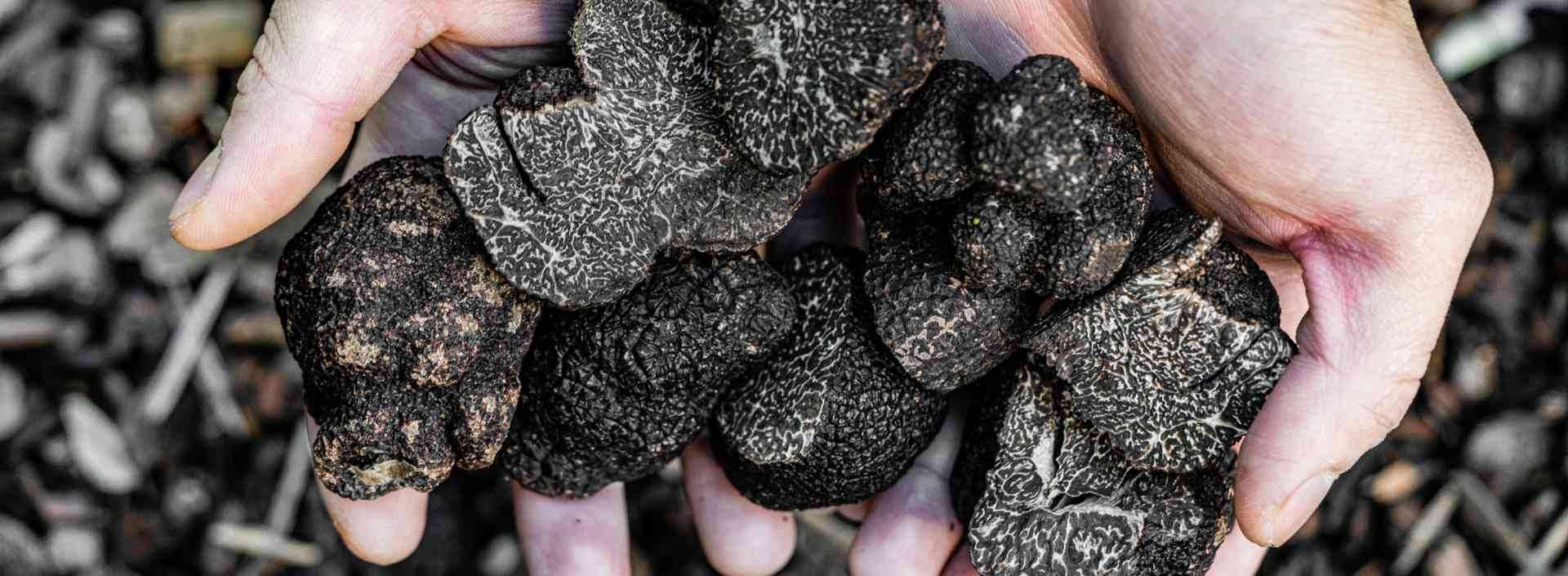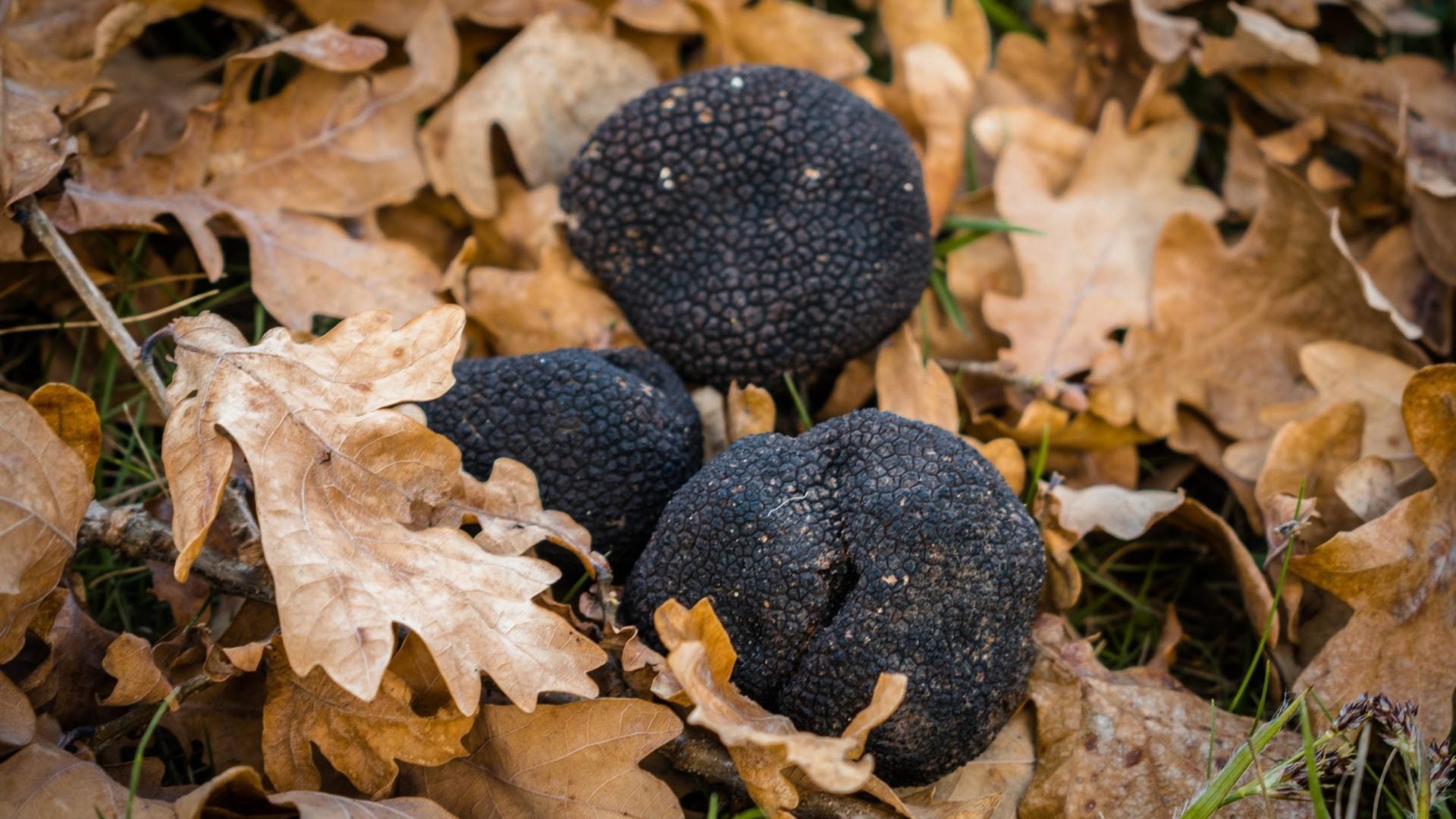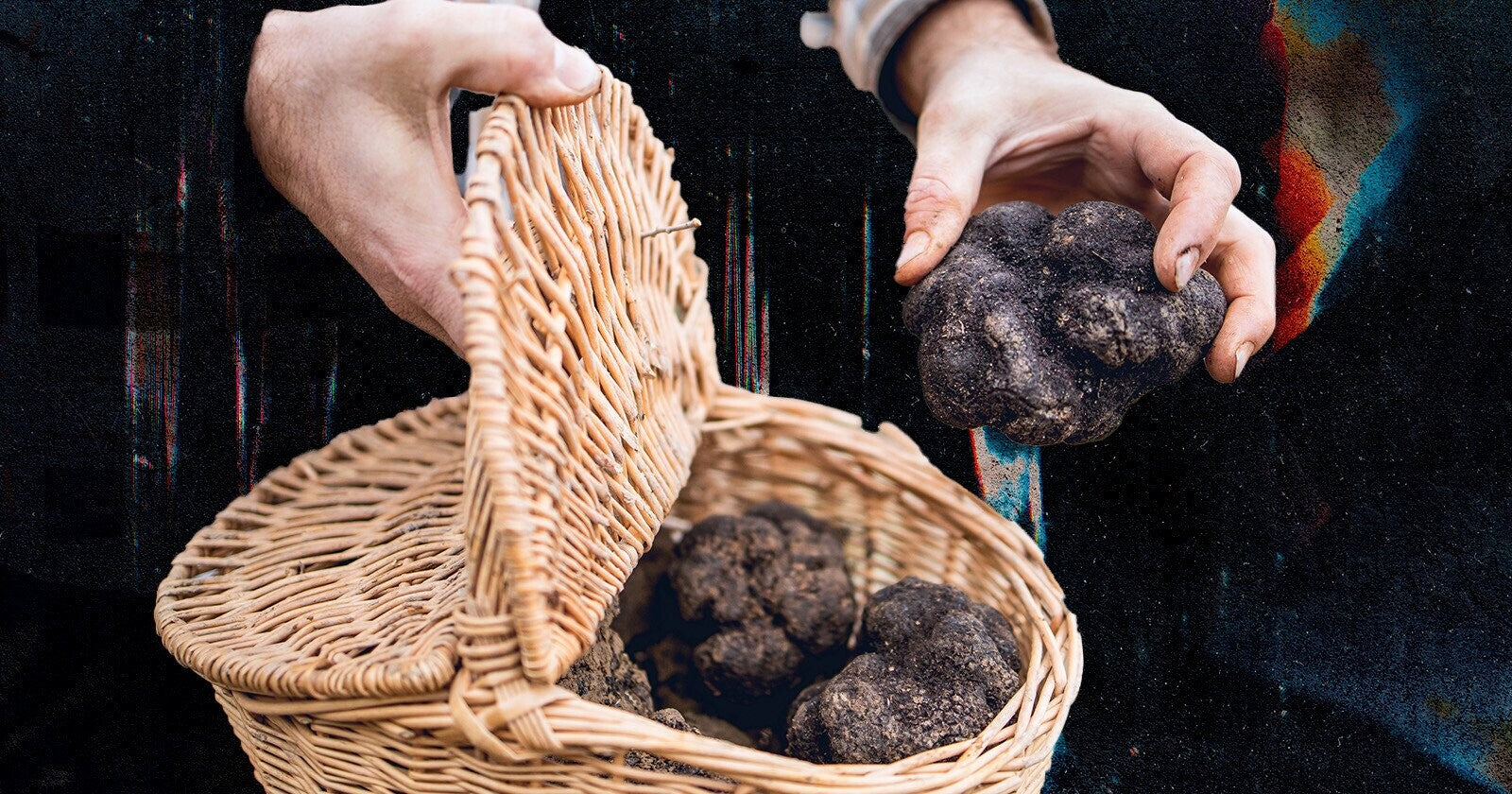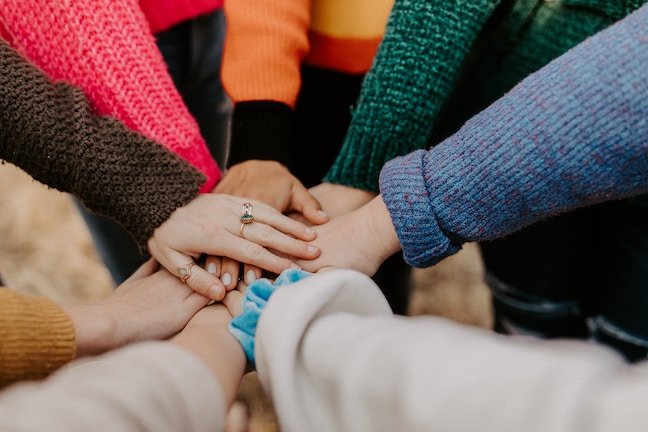
There is something special about acts of generosity and their effect on us as individuals. When we choose to give back to others, we are showing that we respect them as individuals. This simple effort is tremendously empowering even beyond the actual contribution made. And at the same time, we enjoy a sense of enrichment in our own lives because we feel valued by others. Rather than simply using our resources to help ourselves, we choose to donate resources to other causes. And this creates a larger purpose for us well beyond the scope of our own life.
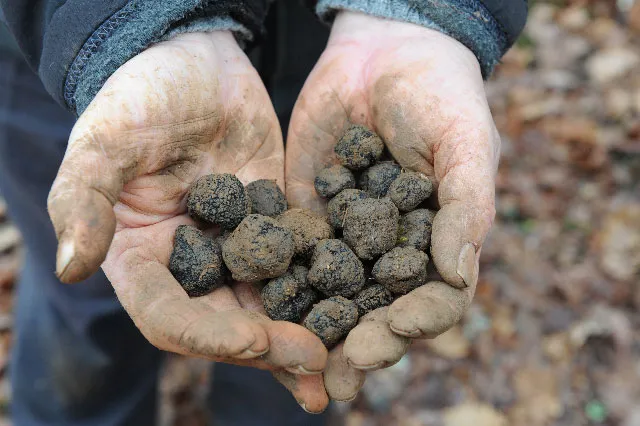
Giving back should therefore be a goal of anyone in their pursuit of a bold and fulfilling life. As is evident in these inspiring stories, giving back empowers others and motivates them to perform acts of generosity as well. Ultimately, this creates a community of altruism that creates a culture of respect, caring, and concern.
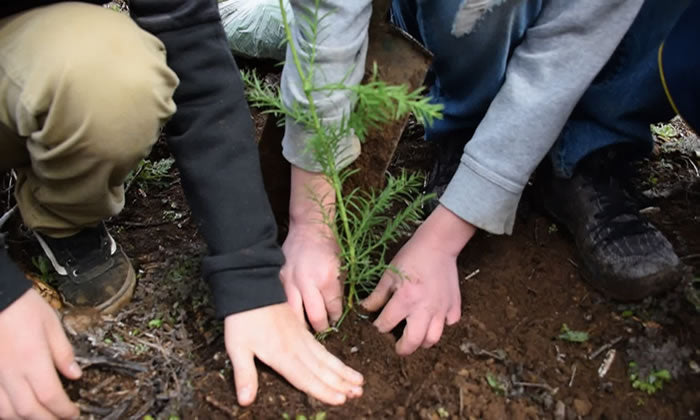
Growing up in conflict-ridden region, TruffLove™ founder Miki Kovacic would like to lead by example that living and working with people with different backgrounds is possible and actually has benefits. Our goal is to trade with people from both sides of the border, Serbia and Croatia. Once people start trading between themselves, they are able to see other peoples’ prospective and be more understanding.
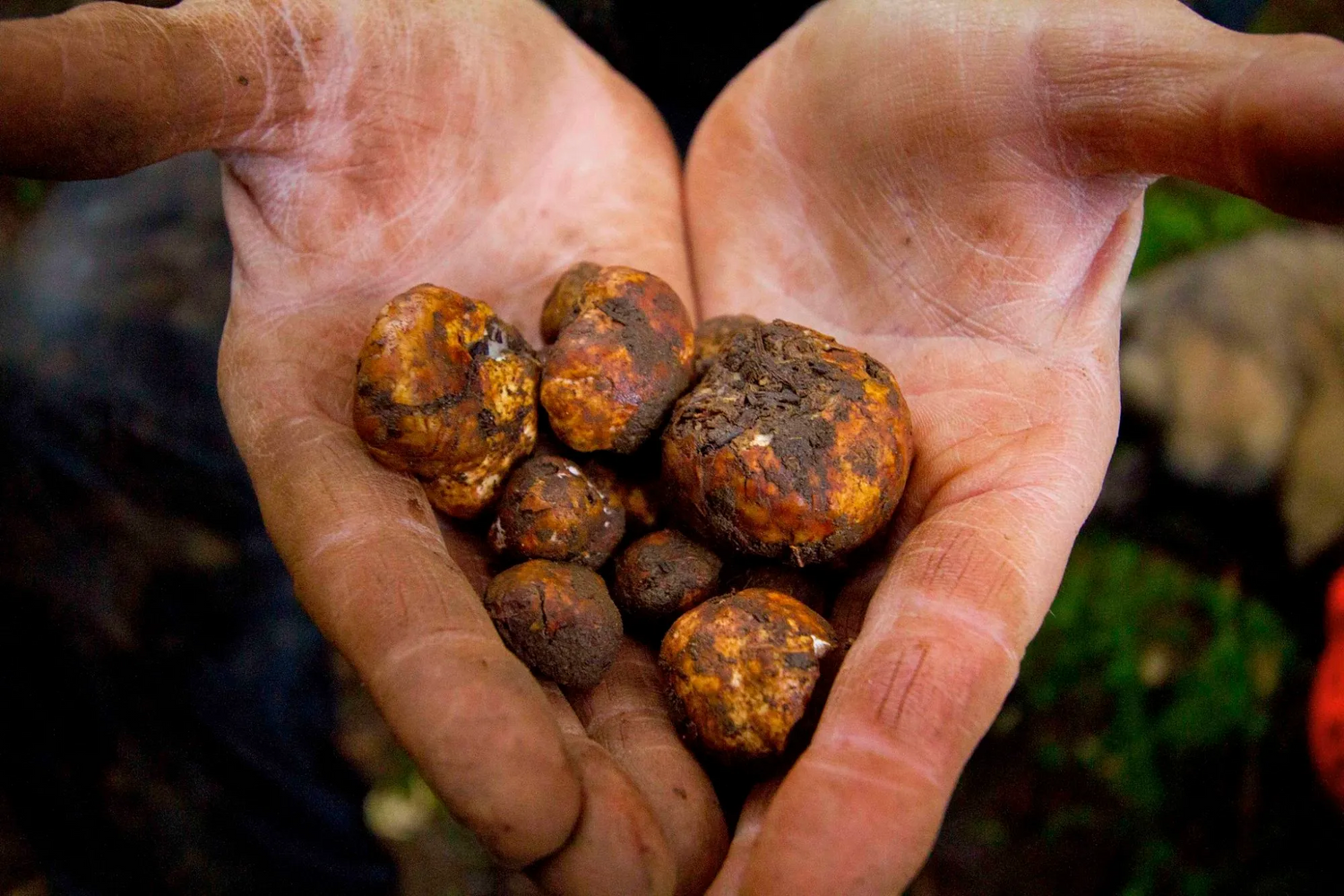
In addition, TruffLove™ is committed to continuing the donation of money to addiction treatment centers and mental health organizations to increase national awareness and understanding of substance use issues, stopping the stigma by supporting the activities that bring people together in an effort to prevent non-medical uses of drugs.
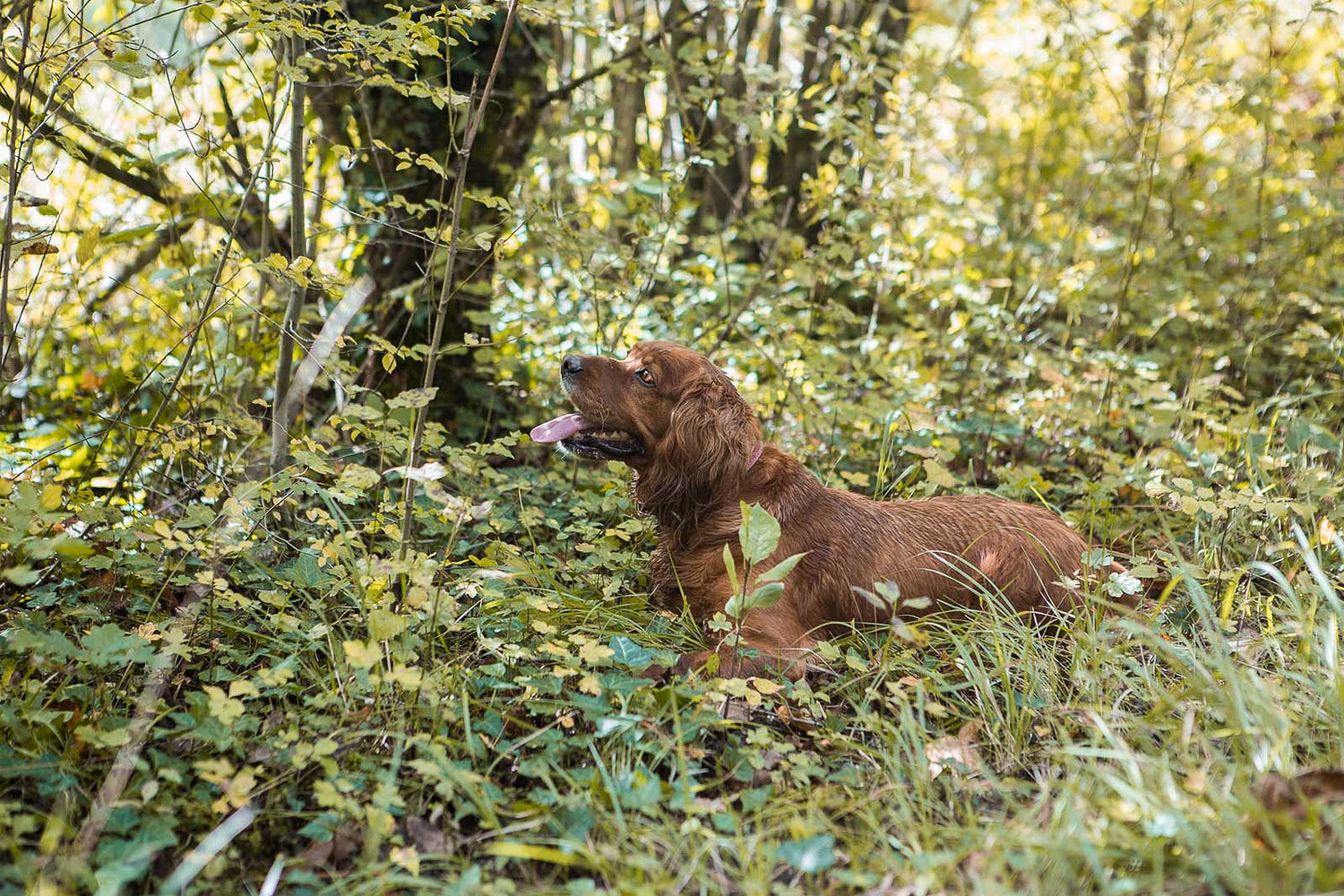
Typically, in any operation of agriculture or with production of daily goods, men leave a negative mark on nature even when they’re trying to limit the damage. This is something that Kovacic Truffle has taken into account, and we are fortunate to deal with products that have the smallest impact. In some cases, having almost no impact.
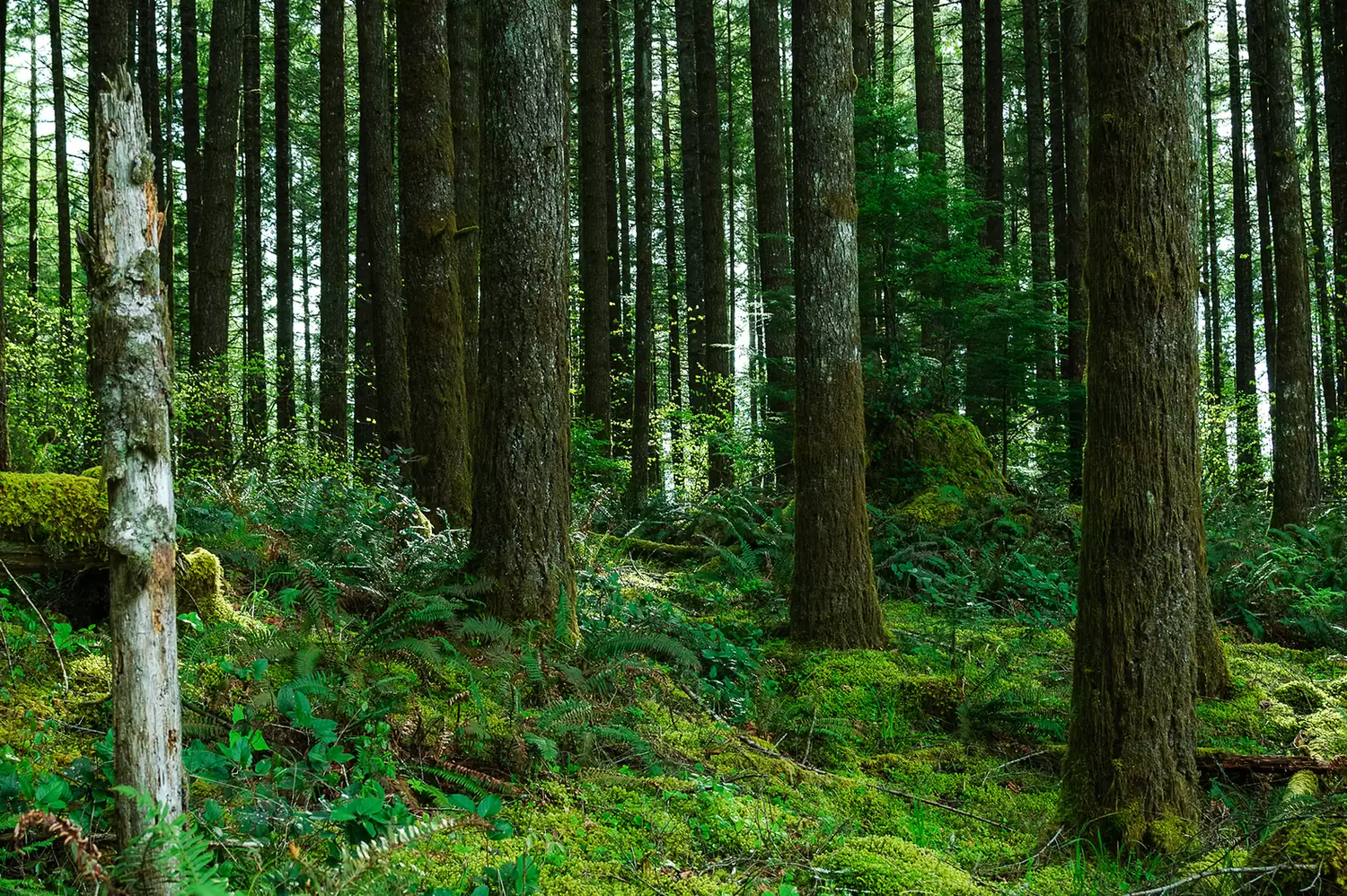
This magical, capricious hypogeal mushroom changes the game: the ecosystem in which it develops requires very high biodiversity standards; man is forced not only to maintain the environment as it is, but also to safeguard it.
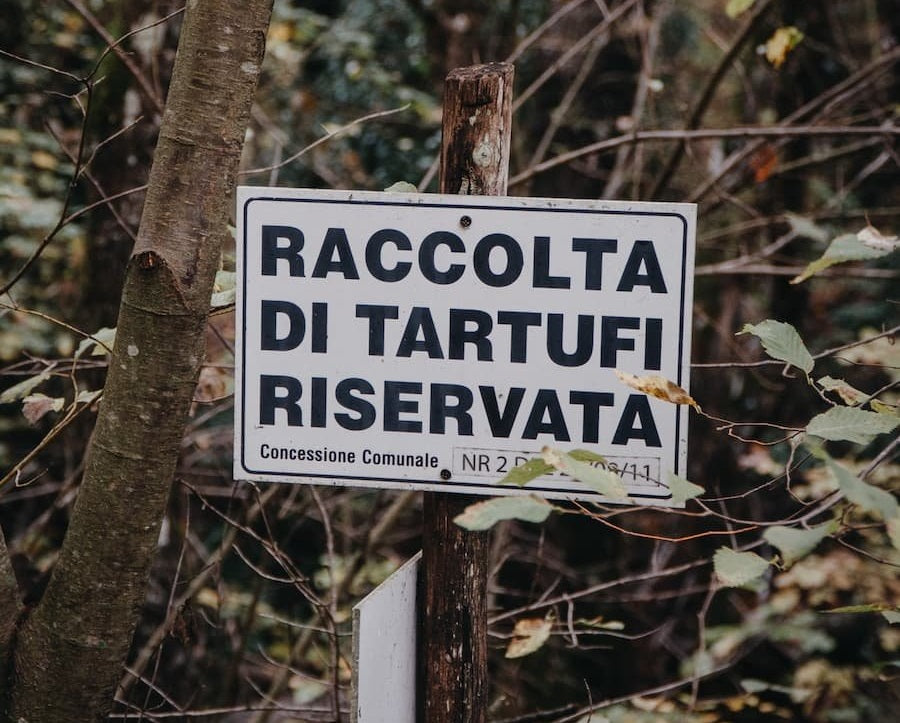
Therefore, with the market in constant growth, people start working on an environmental plan to create new reserves, new habitats suitable for its growth. Although the goal is purely economic, the vehicle to reach it is fortunate for the world.
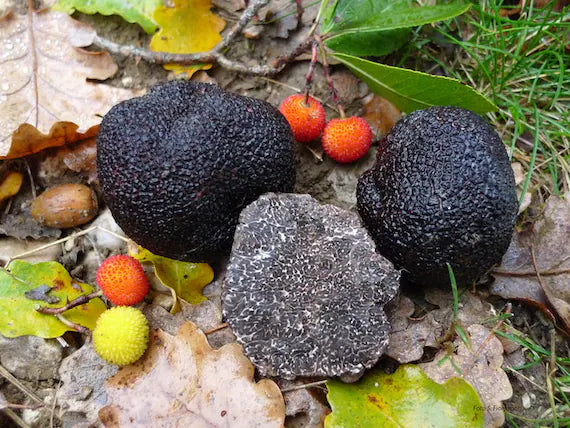
Truffle hunting and extraction is based on a set of knowledge and practices that have been transmitted orally for centuries. Today, it still characterizes the rural life of entire communities in the Balkan peninsula. Truffle hunters, usually live in rural areas and small villages.
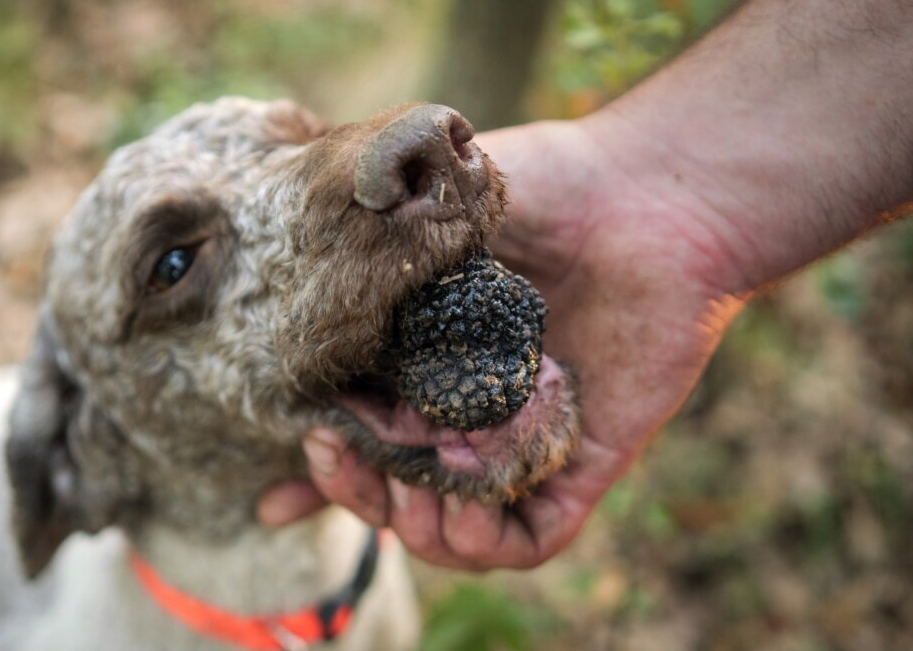
There are two steps to truffle hunting: the hunting and the extraction. The hunting entails the identification of areas where the truffle plant grows, from whose roots grow the underground fungus named ‘truffle’. This step is carried out with the help of a trained dog. The hunters then use a special spade that allows them to extract the truffles without disturbing the soil conditions.
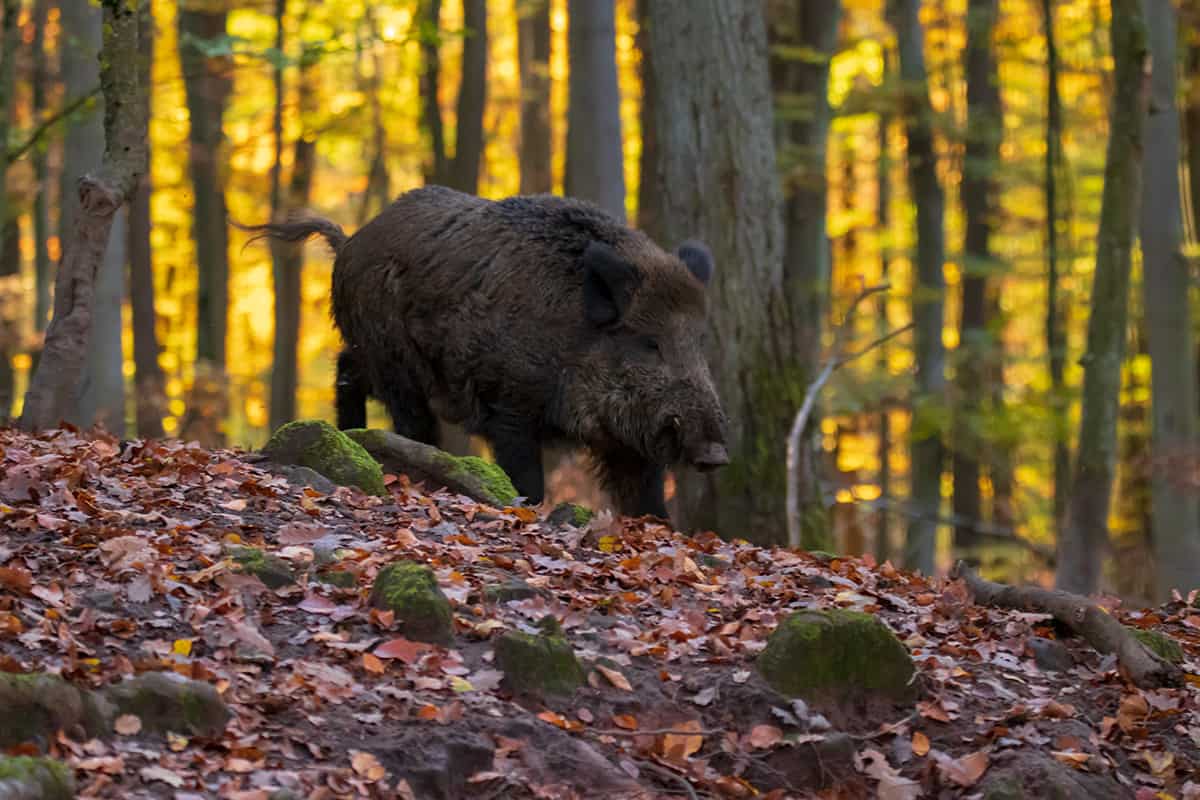
Truffle hunting involves a wide range of skills and knowledge (about climate, the environment and vegetation) related to the management of natural ecosystems and to the dog-truffle hunter relationship. This knowledge is passed on through oral traditions, including stories, fables, anecdotes and expressions that reflect the local cultural identity, and create a sense of solidarity within the truffle hunting community.
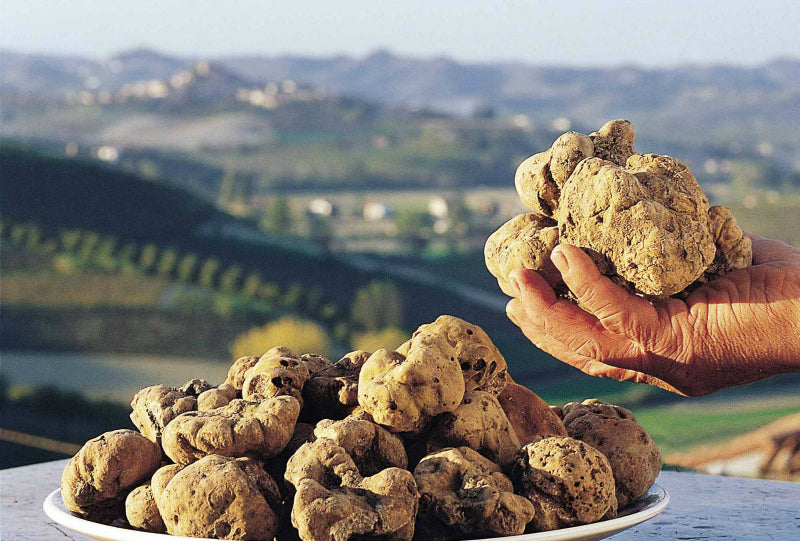
Truffle hunting is often associated with popular feasts that mark the beginning and end of the truffle season. The practices respect ecological balance and plant biodiversity, ensuring the seasonal regeneration of the truffle species.
